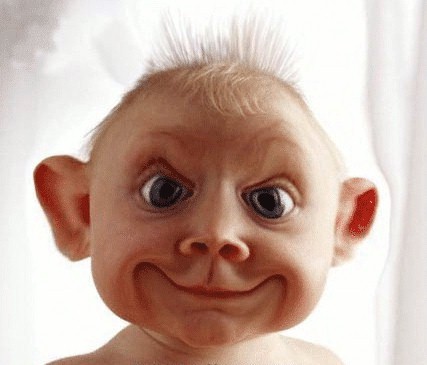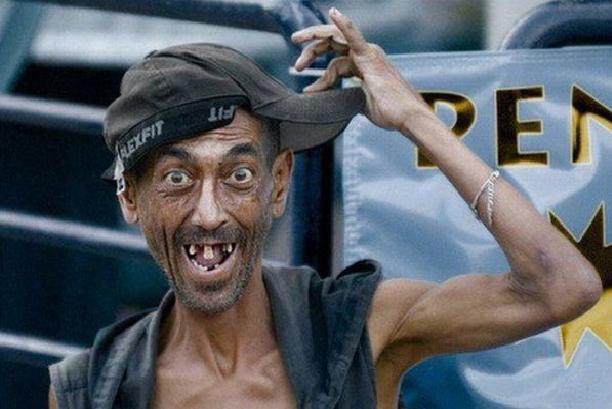Remember the old shows Ozzie and Harriet, Leave it to Beaver or Father Knows Best? In their time, these TV series defined what family was for an entire nation: a family was white, middle class, had a dad and a mom and charming children. All problems were resolved in half an hour with a few commercial breaks -- no one cussed, spat or got a tattoo. But family is dynamic and the face of family is constantly morphing these days. With half a million children in foster care, 200,000 a year being adopted, over one million interracial families, many two-mommy and two-daddy households, and one in three Americans reported as being members of step-families, our sense of family is shifting dramatically. Nontraditional families are now the norm.
Taking all this in means we may have to make some internal adjustments. Recently a dear friend observed that I didn't have a family, because in her mind family meant someone who's raising children. It took me so much by surprise at the time that I had to take a day or two to prepare a comeback!
Our sense of family lives deep within us. It is a necessity, a drive that most of us never question. We simply make it happen, however we can and wherever we are. It is a compelling expression of self. That doesn't mean, by the way, that we always do it well or that we thoroughly enjoy every minute of it! And it also doesn't mean that our definition of what makes a family is always in step with reality. In fact many times our concept is at odds with reality, causing us to miss out on some of the most comforting aspects of this unique way of belonging.
These days, with relationships often in flux and evolving in variety, we may have to work hard to claim our sense of family. The language is changing as new families lay claim to more empowering words to describe themselves. Step families are now as likely to be called "blended families." Before you dismiss this as window dressing or political correctness, just think about what it was like for children to hear themselves being referred to as coming from a "broken home." Broken things don't work, broken things are not good things, and broken things get thrown away. The language we hear and use shapes how we see ourselves; it builds our identity. Children soak up the language they hear. Parents who know this and want the best for their children must choose wisely the words they embrace for their own. And they must find experiences and books and activities that underscore for their children that they, too, belong -- that their kind of family, whatever it may be, is whole and worthy, and that they have a rightful place in society.
At my last birthday party, with many friends, family and extended family members in attendance, a friend came to me in tears saying she was concerned for her oldest child. She thought he might be gay and she was in a panic for how she could help him feel good about himself. "What can I give him to read?" she pleaded. "What's out there for his age group that is appropriate?" If she hadn't been in such distress I would have hugged her for not blaming herself or him, and for not caring in the least what the neighbors might think. Instead I tapped a book editor friend who quickly dredged up the goods on the right books. There aren't tons out there, but they are getting better and better all the time. And I'm proud to have a friend who cares more about her son's happiness than his sexual orientation.




.jpg)




